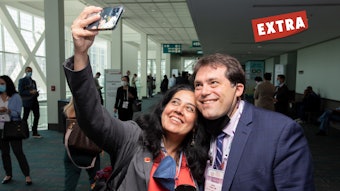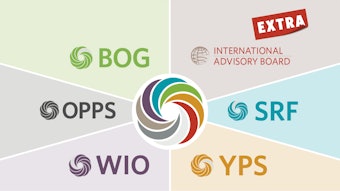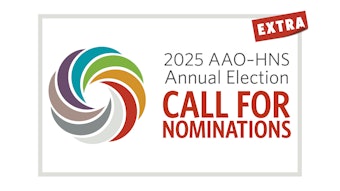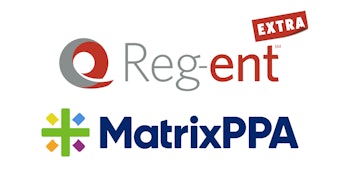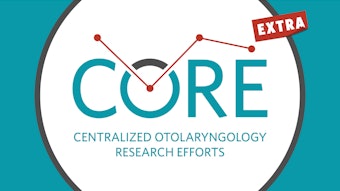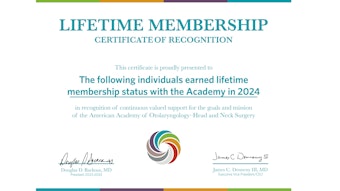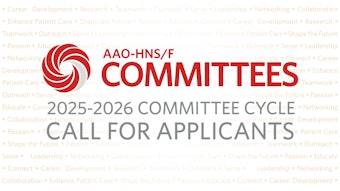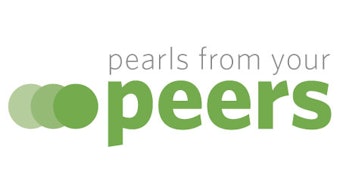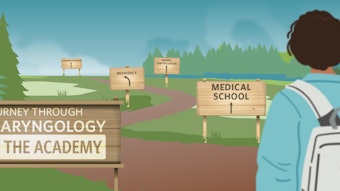Why Peer Review: An Interview with Associate Editor Tristan M. Tham, MD
"Remember that your feedback has the power to elevate research, so I would encourage you to be thorough, fair, and generous with your insights."
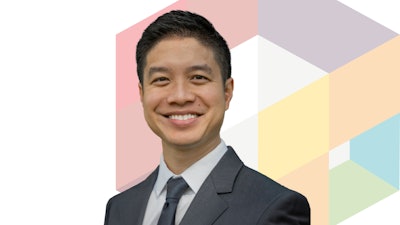
Tristan M. Tham, MD, Assistant Professor of Otolaryngology-Head & Neck Surgery at Stanford University, plays an integral role for the OTO Journals as an Associate Editor, contributing his expertise and passion for advancing the specialty. Dr. Tham’s journey to this editorial role began as a peer reviewer, where he honed his skills in critically appraising manuscripts and fostered a dedication to upholding the quality of scientific work. Dr. Tham recently shared insights with the Bulletin about his career path, his guiding principles in peer review, the impact of research quality on patient care, and his advice for those just starting out as reviewers.
Share a little about yourself, your career, and your journey to working with the OTO Journals as an Associate Editor.
My journey as an otolaryngologist has been rooted in a passion for patient care and a desire to contribute to the growth of our specialty. Early in my career, I felt a strong pull toward research, recognizing how essential it is in shaping the future of clinical practice. This led me to volunteer as a peer reviewer for the OTO Journals, where I hoped to contribute to the advancement of knowledge in our field. This turned out to be one of the best career decisions I’ve ever made.
Over the years, I found the experience of peer reviewing both challenging and rewarding. It taught me how to critically appraise research and, in doing so, made me a better author of scholarly manuscripts. I found great fulfillment in the opportunity to support my peers by helping to ensure the quality of their work, and I was deeply honored when my contributions were recognized with an invitation to join the journal’s editorial board.
Being part of the Editorial Board was a privilege that allowed me to give back even more to the community that has supported my own growth. When I was later invited to serve as an Associate Editor, I felt incredibly grateful for the trust placed in me. It is a role that I approach with a great sense of responsibility, knowing that the work we do impacts patient care and the future of our specialty. I am honored to be able to contribute in this way, and I view it as an opportunity to continue learning, growing, and giving back to the community that has given me so much.
Can you tell us why you chose to be actively involved with the journals and participate in peer review as part of volunteering your time to the specialty and patient care?
As physicians, we are all driven by the desire to provide the best possible care to our patients. I believe that a fundamental part of delivering excellence in patient care begins with excellence in research. By volunteering my time to the peer review process, I am helping to ensure that the knowledge we rely on as clinicians is accurate, innovative, and ultimately beneficial to those we serve.
Being a reviewer allows me to play a direct role in the ongoing evolution of our field, ensuring that we continue to push the boundaries of what’s possible in our day-to-day practice. This work is also deeply rewarding as it has enabled me to connect to a broader community of experts who share the same passion for advancing our field.
Can you talk about the value of protecting the quality of research published in the OTO Journals to patient care and the specialty?
Protecting the quality of research published in the OTO Journals is a mission that lies at the heart of advancing patient care and our specialty. High-quality research is the foundation upon which we build our clinical practices, guiding us as we make critical decisions that affect the lives of our patients. By upholding rigorous standards, we ensure that the treatments we adopt are grounded in sound evidence, leading to better outcomes and enhanced patient safety.
What are your guiding principles for peer review or acting as an Associate Editor? Have they always been the same or have they changed or altered over time?
My guiding principles for peer review are a commitment to integrity and fairness. From the very beginning, I have believed in giving thoughtful, constructive feedback to the authors that submit their manuscripts to our journal, regardless of whether their paper is ultimately accepted or not. My role as an Associate Editor is driven by a passion for nurturing new ideas while upholding the highest standards of scientific rigor.
As I have grown in this role, my approach has evolved to embrace a more holistic perspective. I’ve come to appreciate the importance of balancing critical evaluation with encouragement, recognizing that our role is not only to safeguard quality but also to foster a collaborative research community. While my core principles remain unchanged, my experience has deepened my understanding of the profound impact we can have on both the research we review and the researchers behind it.
What encouragement would you give to your peers to consider becoming a reviewer? And what advice would you give them as they get started?
I wholeheartedly encourage my colleagues to become reviewers for the OTO Journals— this is an extraordinary opportunity to contribute to the future of our specialty. For the residents, I would strongly encourage you to consider joining our Resident Reviewer Development Program as well.
As a reviewer, you have the privilege of shaping the research that will change the future of our clinical practice. It is a chance to engage with cutting-edge ideas, hone your critical thinking skills, and play a vital role in advancing patient care.
For those reviewers who are just starting out, my advice is to approach each manuscript with an open mind. Remember that your feedback has the power to elevate research, so I would encourage you to be thorough, fair, and generous with your insights. Peer review is a journey of continuous learning, and it’s one that will not only benefit your professional growth but also contribute to the collective progress of our field.
To learn more about becoming a peer reviewer for the OTO journals, visit our website and apply today.
